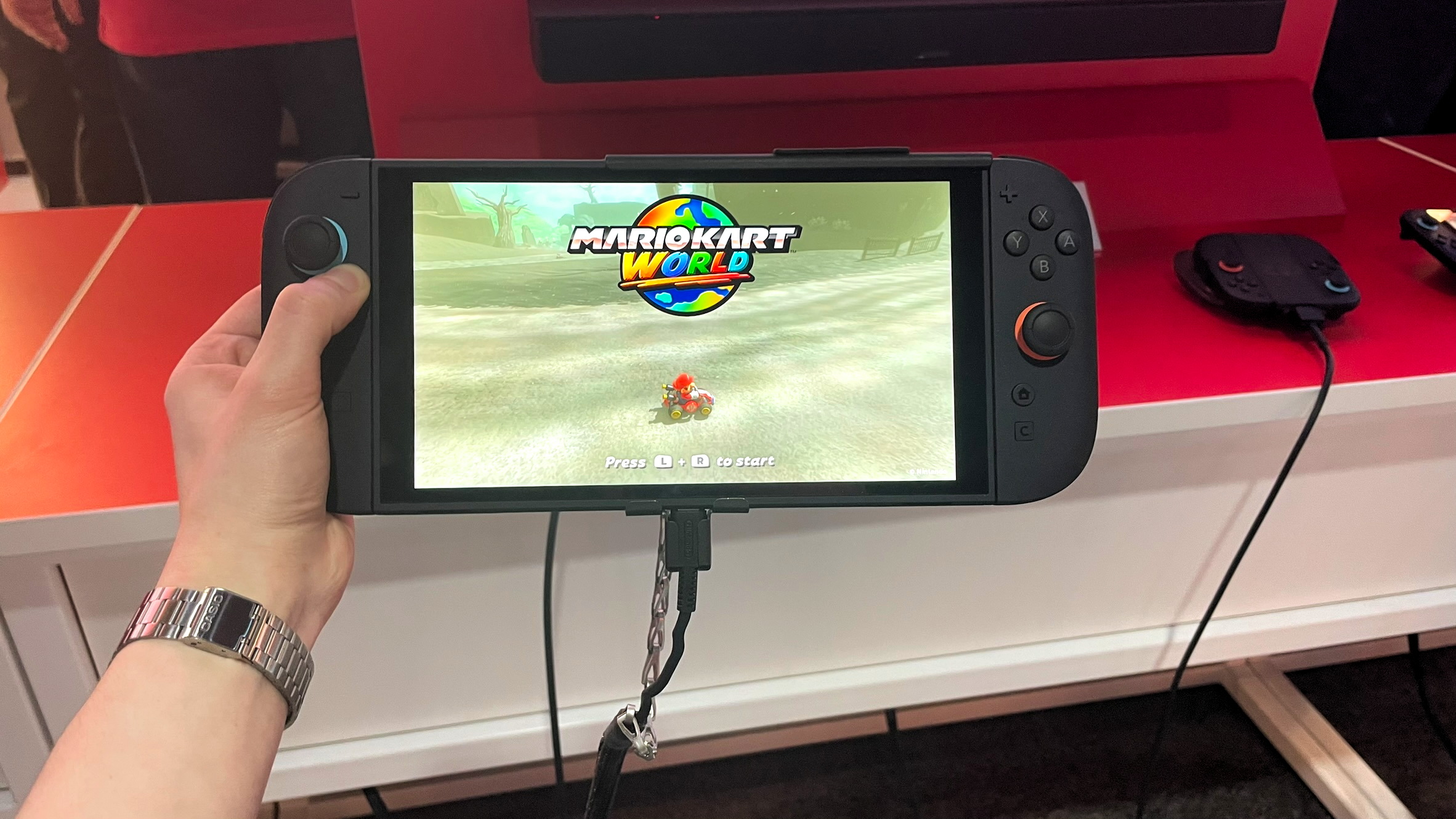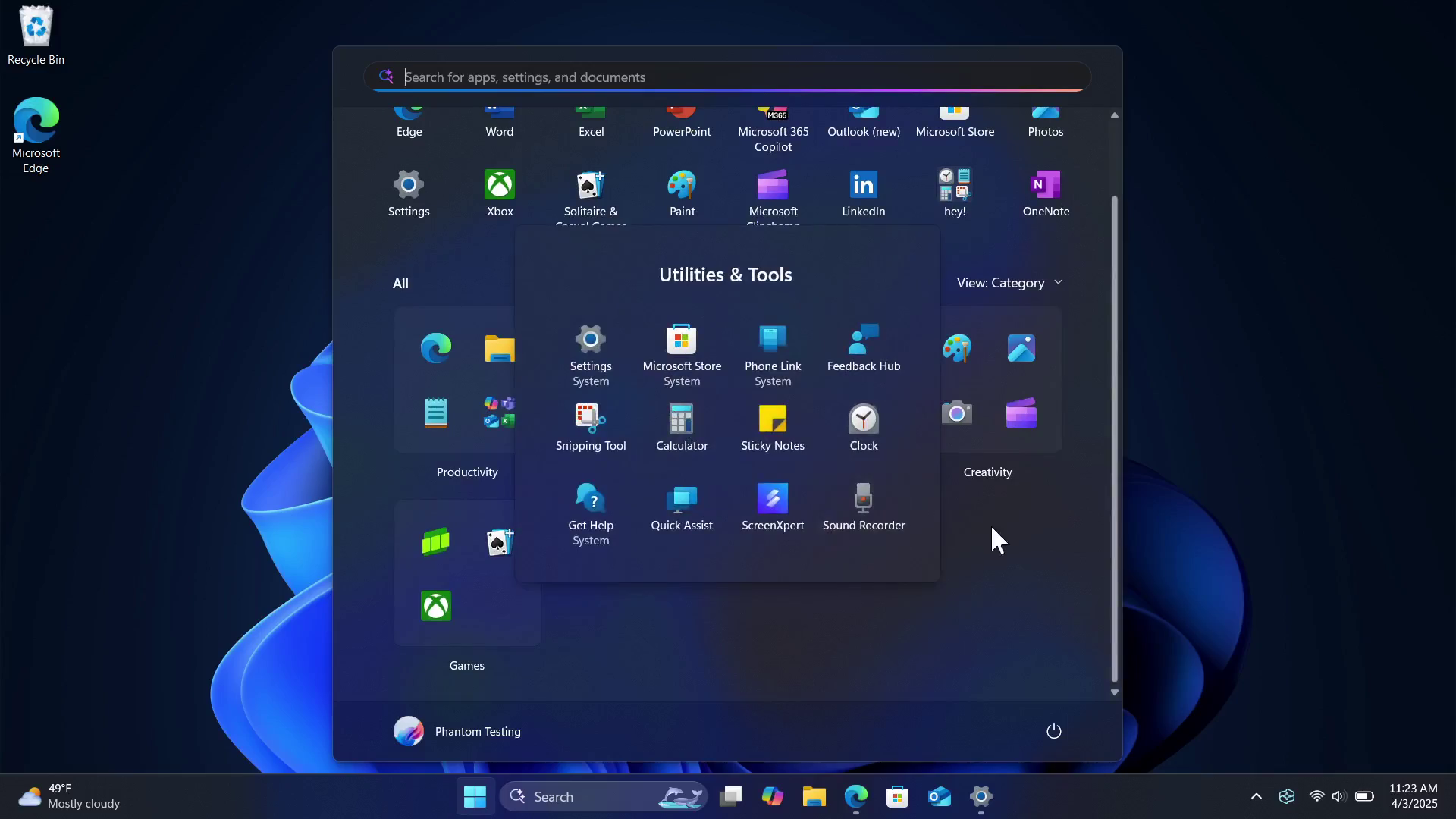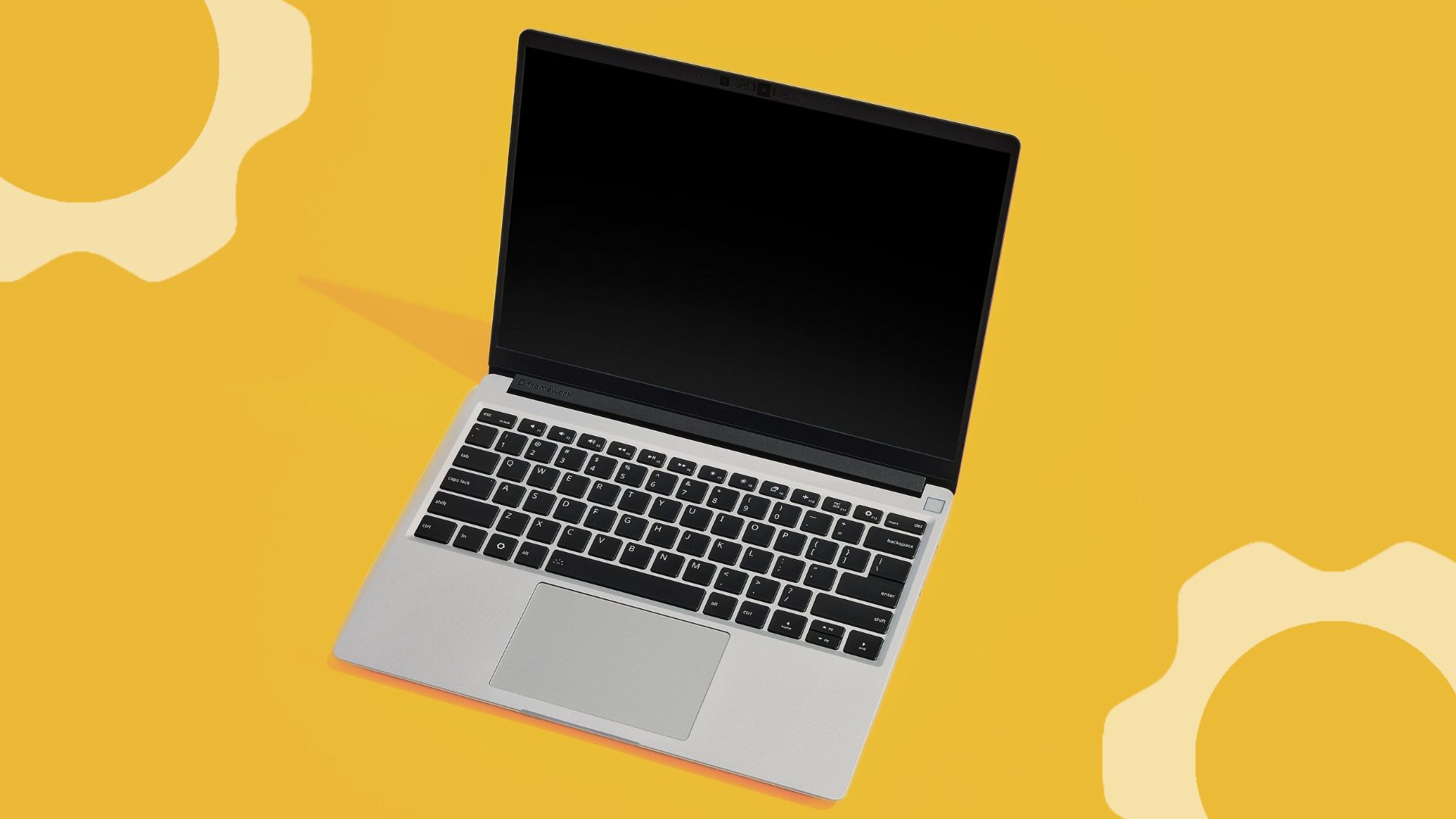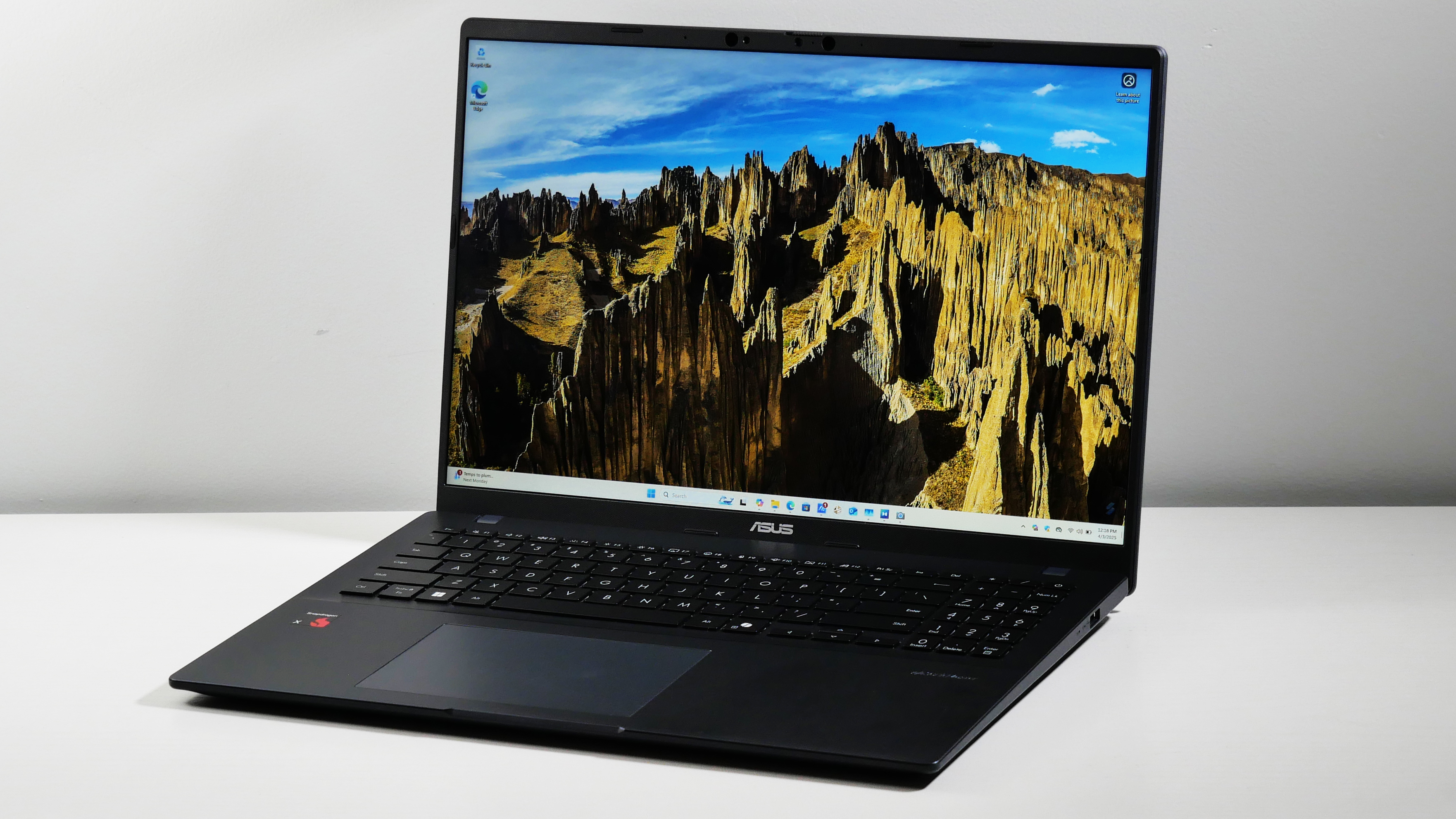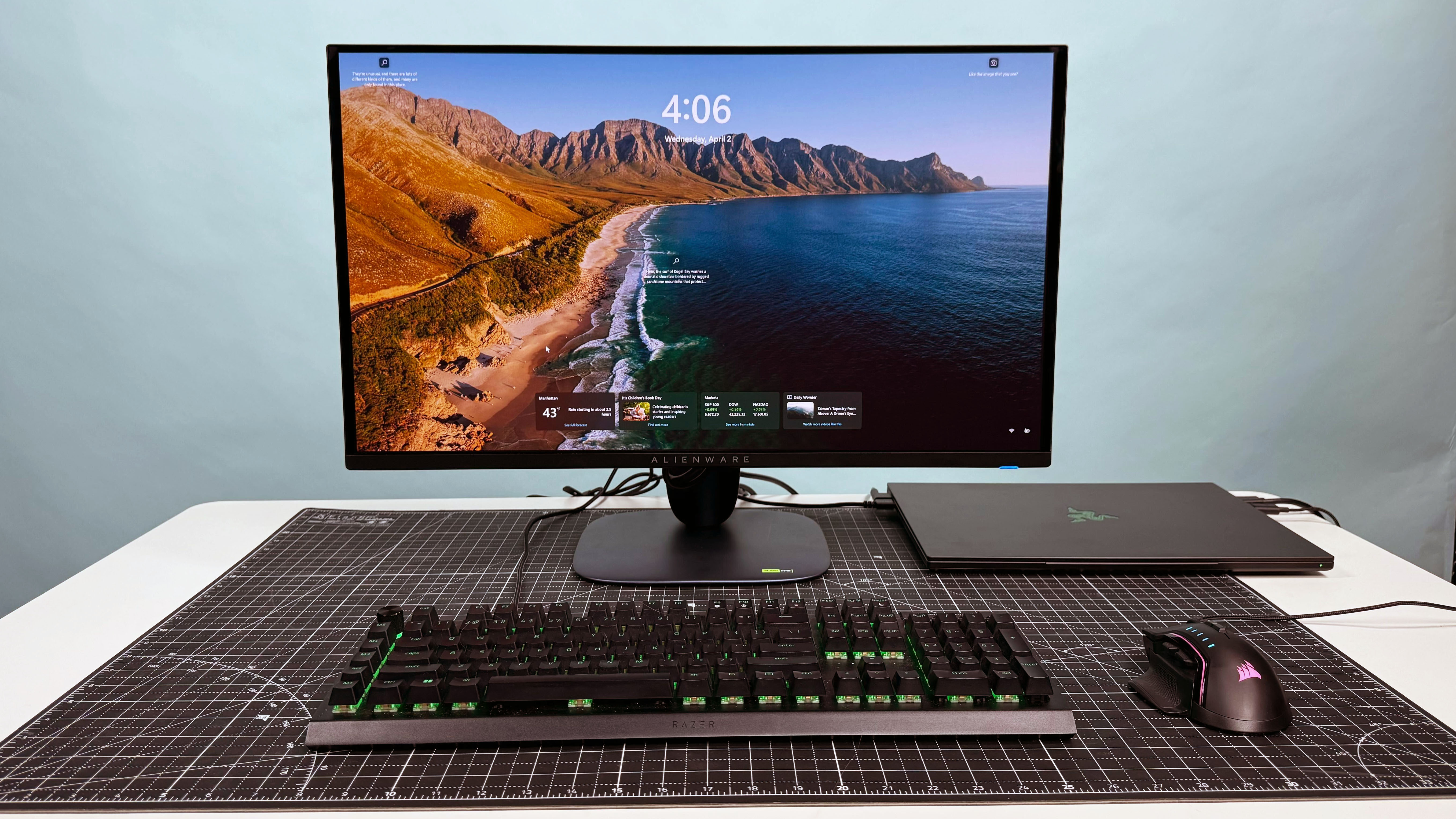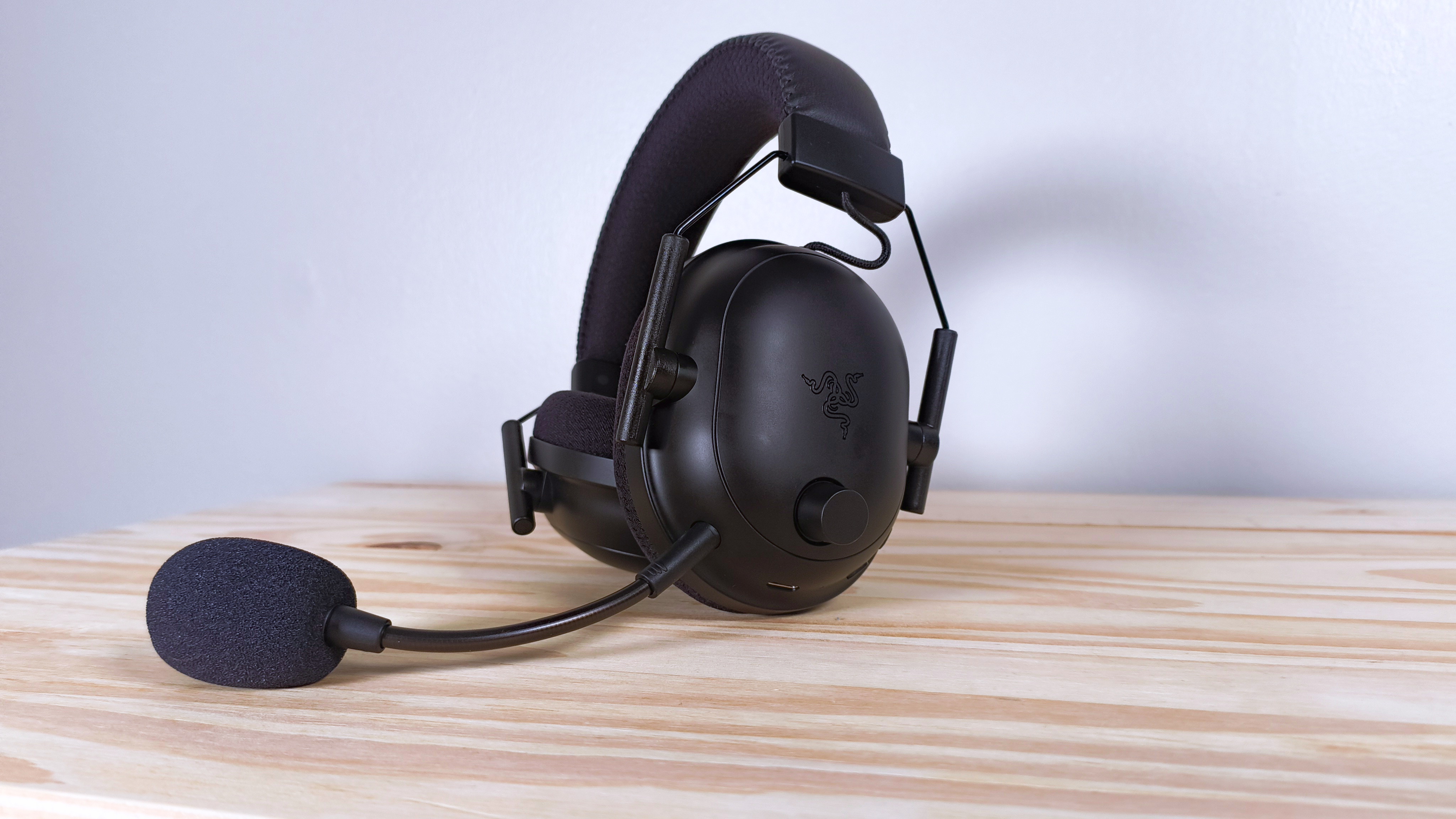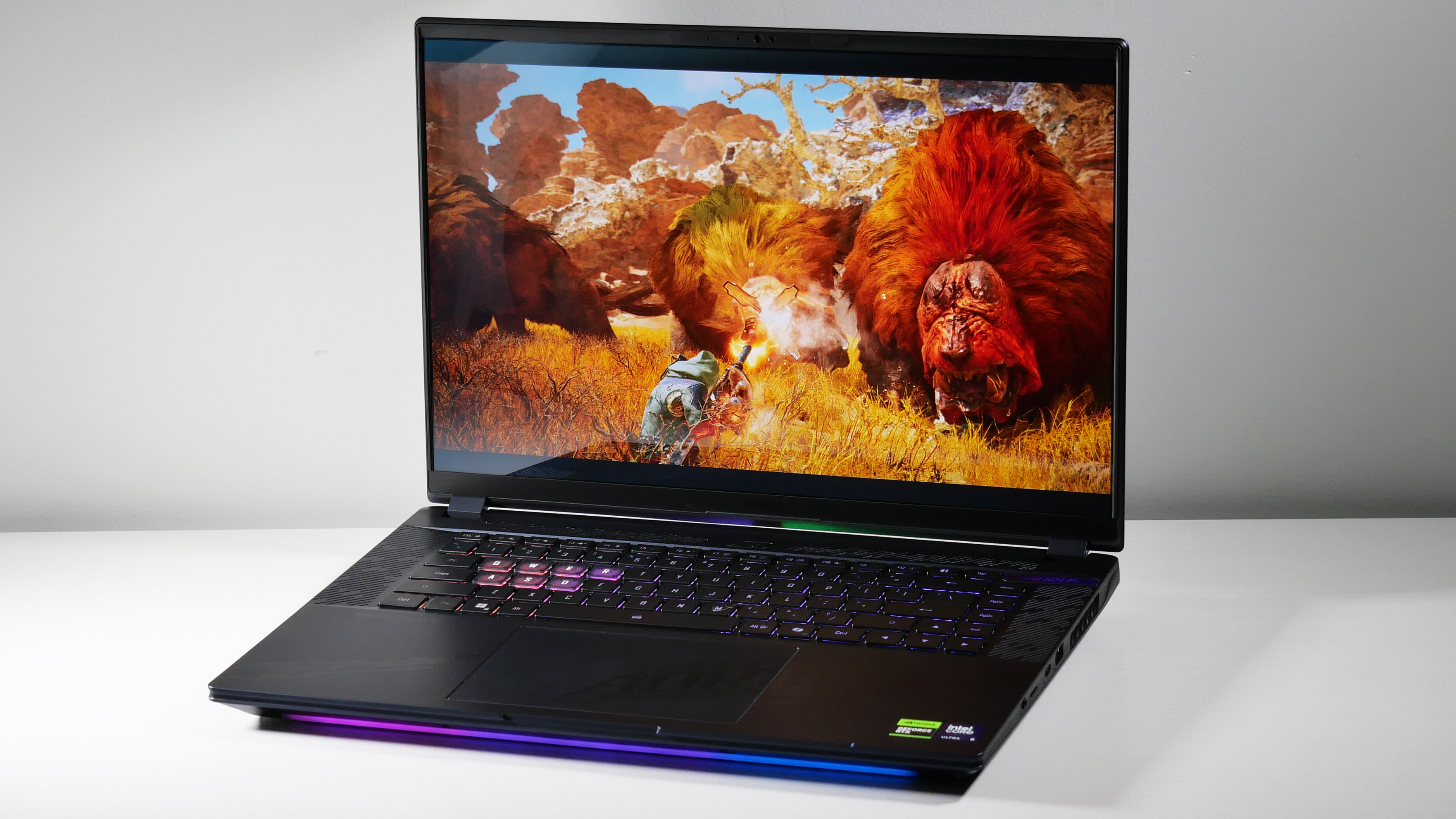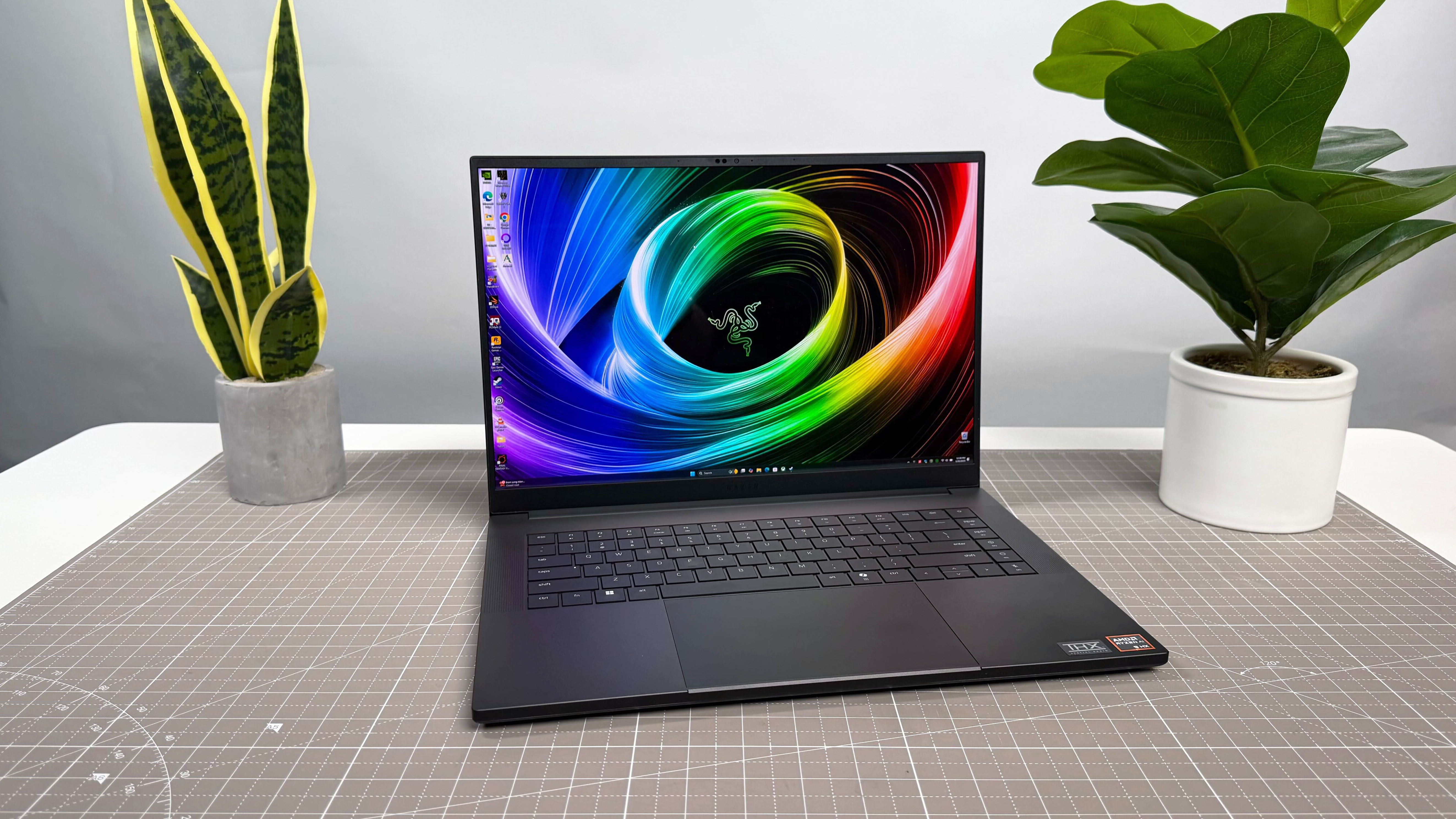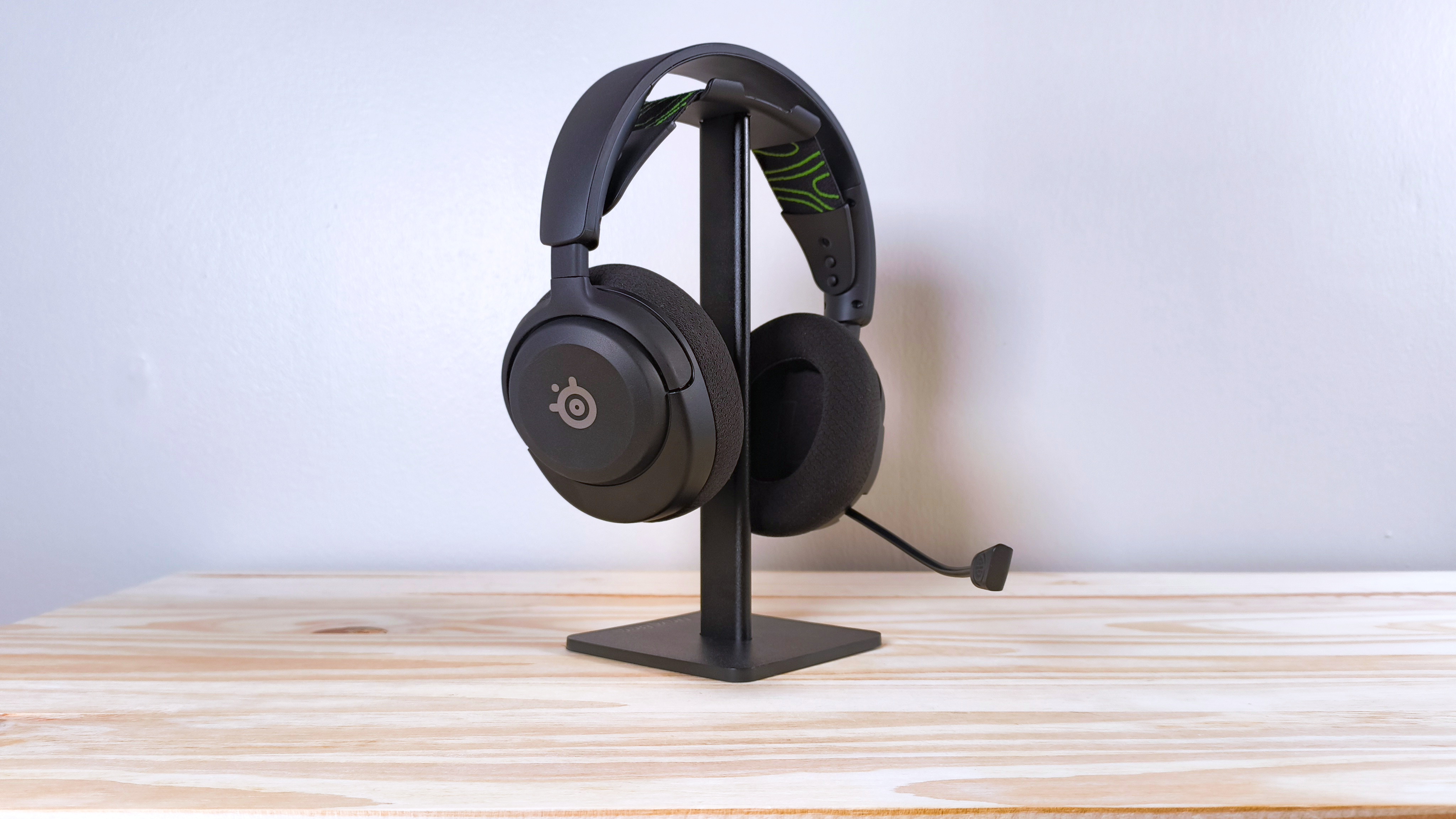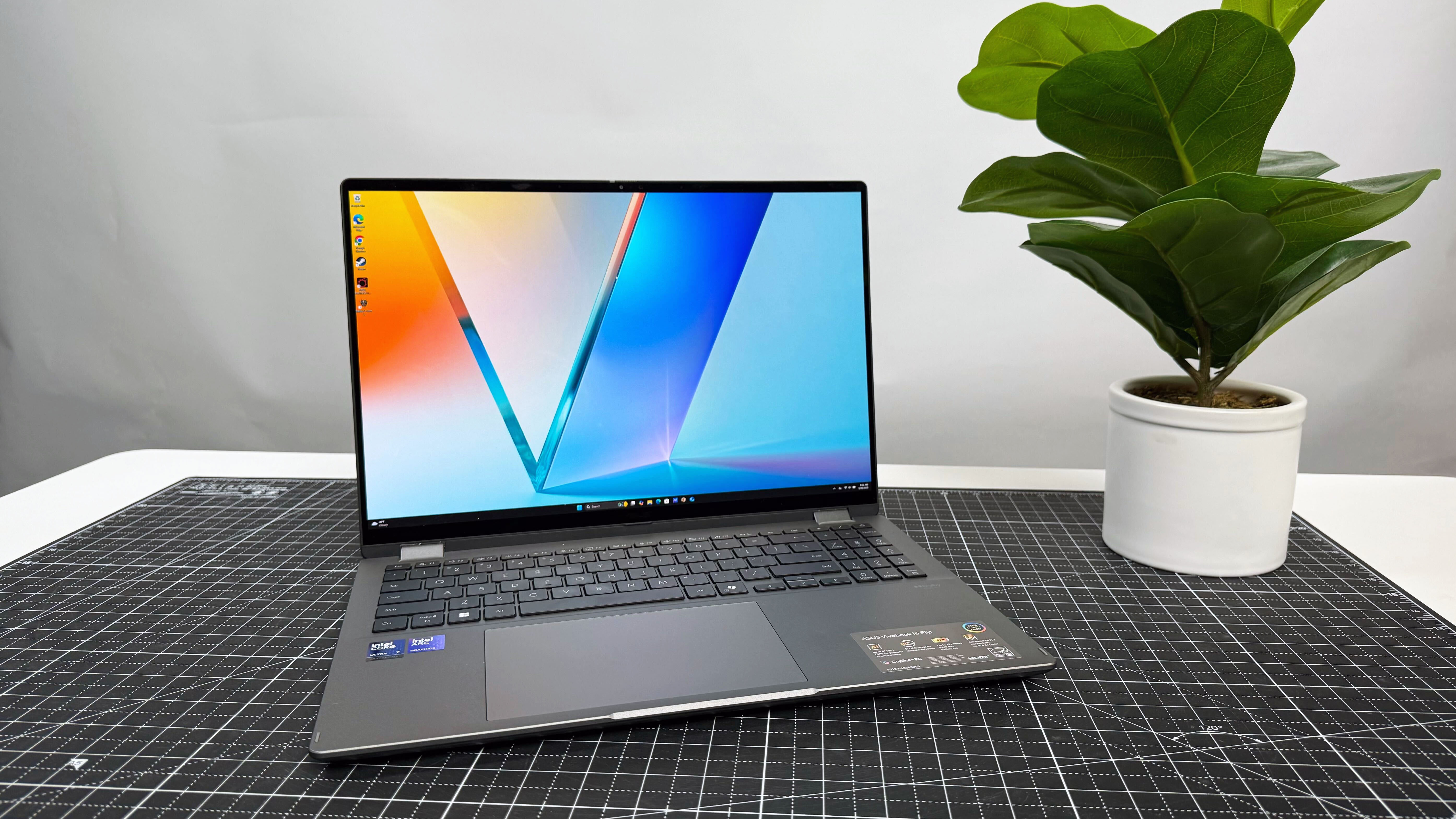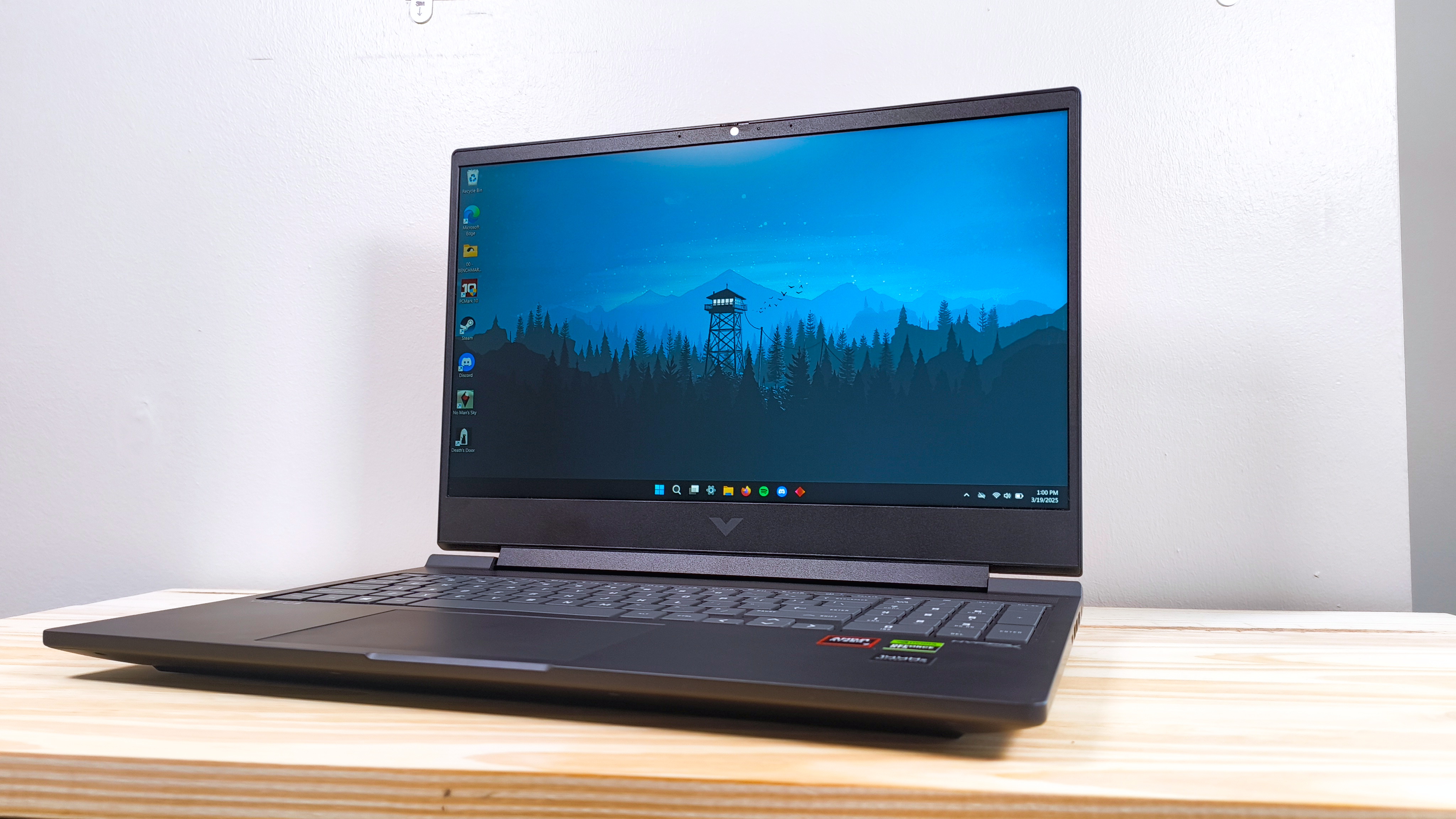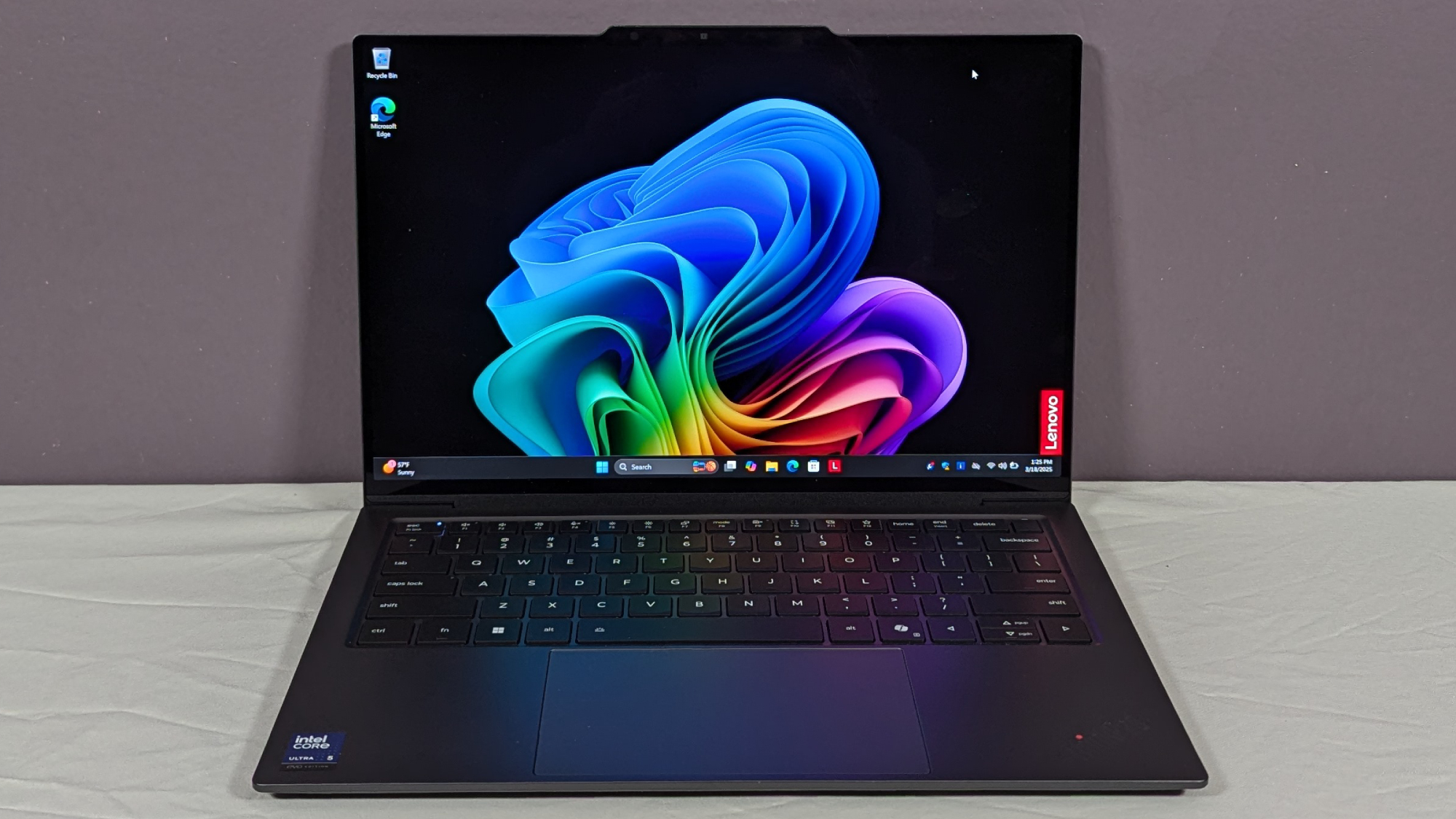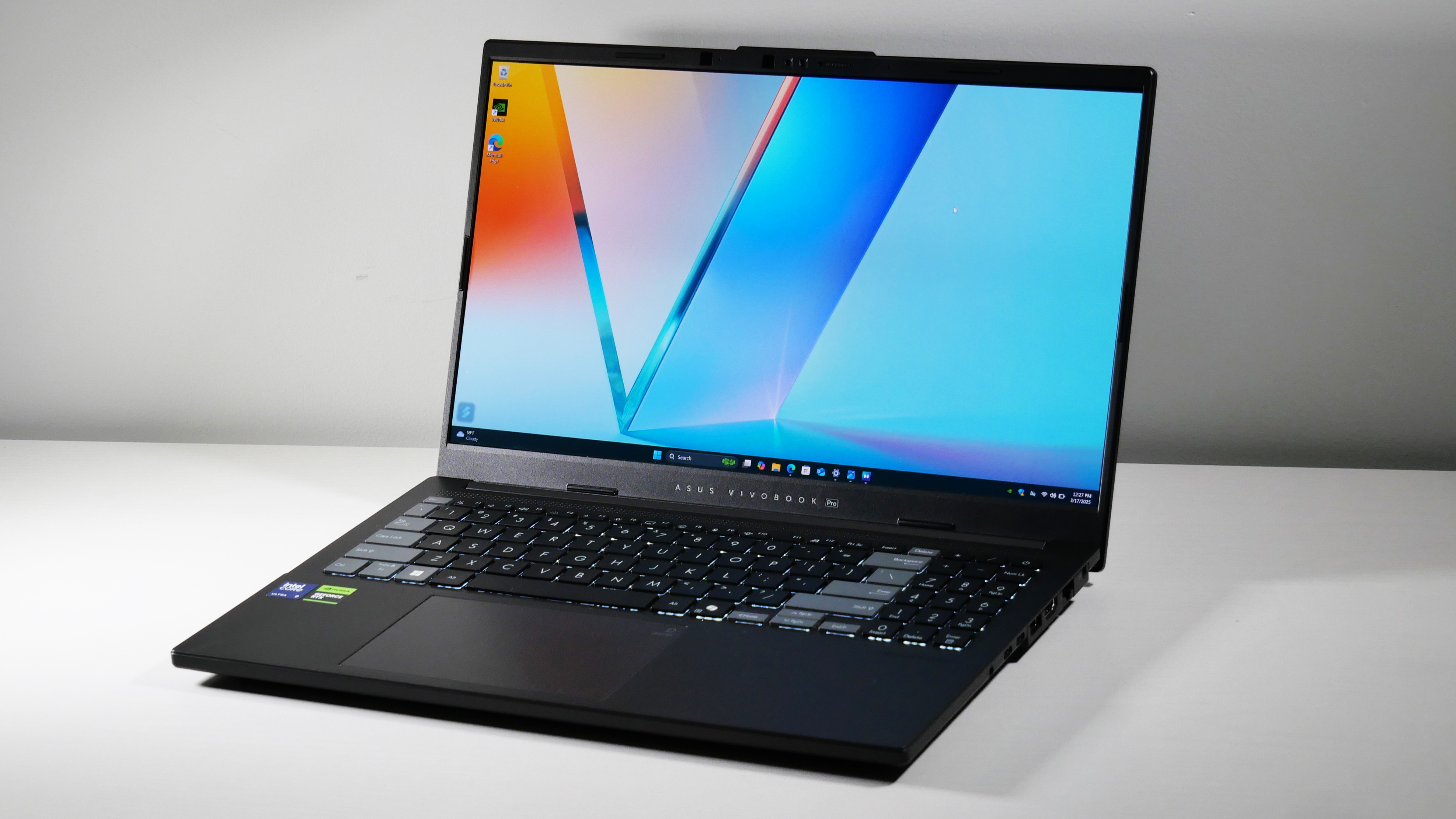Laptop Mag Verdict
Skype Mobile for iOS and Android makes it easy to video-call friends and family on a variety of devices.
Pros
- +
Large user base
- +
Easy to use
- +
Can call Skype users on the desktop
- +
Includes text chat
Cons
- -
Lackluster video quality on mobile devices
- -
No group chat
Why you can trust Laptop Mag
With 170 million people chatting face to face on their PCs and Macs, Skype is easily the world's go-to service for free video calls. But now that it's released new apps for iOS and Android devices, Skype Mobile is looking to conquer the mobile market, too. But does this app work as well on phones and tablets as it does on laptops?
Set Up
Skype Mobile is available for mobile devices running Android 2.3 or higher and iOS. That means you can make video calls using all of the latest iOS 4 devices, including the iPhone 4 and iPod touch. While the Skype app also works with the iPad 2, it's a scaled-up version of the iPhone software, so quality suffers when expanded to fit the iPad's 9.7-inch display.
We downloaded the 16.9MB app to an iPhone 4 in a little over a minute. After we keyed in our Skype credentials, our buddy list populated automatically. We could add more contacts by searching Skype, adding a phone number, and importing new contacts from the iPhone contact list.
Interface
Skype Mobile's interface works similarly to the desktop version but is simplified. The iPhone app is divided into five tabs: Call, Chats, Contacts, History, and My Info. To launch a call, you can select a friend from the contact list and tap "Video Call" (you can also initiate an audio call and send an IM). During face-to-face calls, the incoming caller's video takes up the entire screen, while a thumbnail-sized window of outgoing video sits in the left corner. You can tap the screen to pull up a hovering menu with a button to switch between a back or front-facing camera, mute the microphone, or check the call time. A button to end the call also appears there.
The Android app offers the same features and layout as on the iPhone, but the homescreen is simplifed to four floating buttons: Contacts, Recent Calls, Call Phones (for connecting to land and mobile lines), and Profile.
The iPad 2 app is simplified even more: there are no tabs, simply a contacts page that morphs into large-screen video during face-to-face calls. In landscape mode, caller video appears in a large left pane while a contacts pane sits to the right. We liked that buttons for tasks such as sending SMS texts, launching IM chat, searching for new contacts, disabling the mic, reviewing account info, and switching between cameras are laid out conveniently in the interface.
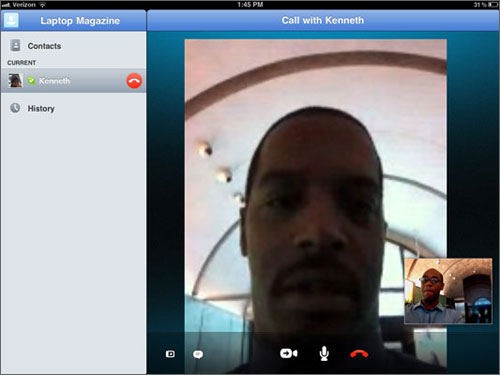
Click to enlarge
Video Call Quality
We tested Skype on two iPhone 4s, an iPad 2, and the Samsung Nexus S 4G, making calls between all devices as well as laptops and desktop PCs. Calls made between the two iPhones offered solid video quality over 3G. We could see our caller's face, clothing color, and skin tone very well, despite a faint fuzziness to the image. However, we did notice that audio dipped in and out on both sides of the call. Connecting both phones to different Wi-Fi networks offered slightly better image quality and much more consistent audio. Our caller's voice never dropped, and neither did our own. Calls made between the iPhone 4 (WiFi) and the Samsung Nexus S 4G (Sprint 3G) took a second to connect and the image quality was fuzzy, but the connection strength was strong enough to maintain a video call without lag or audio drops. Using the Nexus S 4G on Sprint's 4G network improved image quality.
During Skype video calls made from the iPad 2 (Wi-Fi) to the iPhone 4 (Verizon 3G), video quality was a little murky and sometimes froze, although we never outright lost a call. Even when video froze, the audio continued (albeit with a two-second delay) and the video caught up in a few seconds. Switching the iPhone to a Wi-Fi network improved video performance, though the visuals were still quite blurry.

Click to enlarge
We made Wi-Fi and 3G Skype video calls using the iPhone 4 and the iPad 2 to a coworker running the Skype desktop app on an HP G62t notebook and a new MacBook Pro. Although Wi-Fi calls looked sharper, both provided adequate quality and we never experienced a dropped call. Audio, on the other hand, dipped in and out again, sometimes leading our callers to ask us to repeat what we said.
We noticed that video in Skype streamed more efficiently than video in the ooVoo app, which stammered frequently and showed more pixelation, even over Wi-Fi. We still found that FaceTime offered the best video quality for chatting between iOS devices, especially when using the iPad 2.
On the other hand, we like that when we rotated the camera on an iPhone 4 or iPad 2, Skype rotated not only our thumbnail image but also the larger video feed from our caller, just like calls made using Apple FaceTime.
Special Features
Like FaceTime, the Skype Mobile app can only make one-on-one video and voice calls. ooVoo's free mobile app offers five-way voice calls with a single shared video stream. Skype can also be used to make calls to international landlines and mobile phones, but only with prepaid minutes, which start at about $0.02 per minute. Other iOS video chat apps such as Fring and ooVoo offer prices that start at less than $0.01/minute and $0.02/minute respectively. Skype also offers instant-messaging chat, something FaceTime lacks.
For $8.99 a month or $4.99 for a day pass, users can use Skype Premium services. The paid version of the software includes free landline calls in the U.S. and Canada and live-chat customer support.
Verdict
Already the dominant service for PC-to-PC video calls, Skype Mobile is off to a good start in the mobile space. The call quality is pretty good, and you can make calls to Skype users on the desktop from the Android and iOS apps. While we'd like more reliable audio, Skype Mobile is on its way to realizing its full potential.
Skype Mobile Specs
| Company Website | http://www.skype.com |
| Platforms | Android, Mac, iPhone, iPad, iOS |
